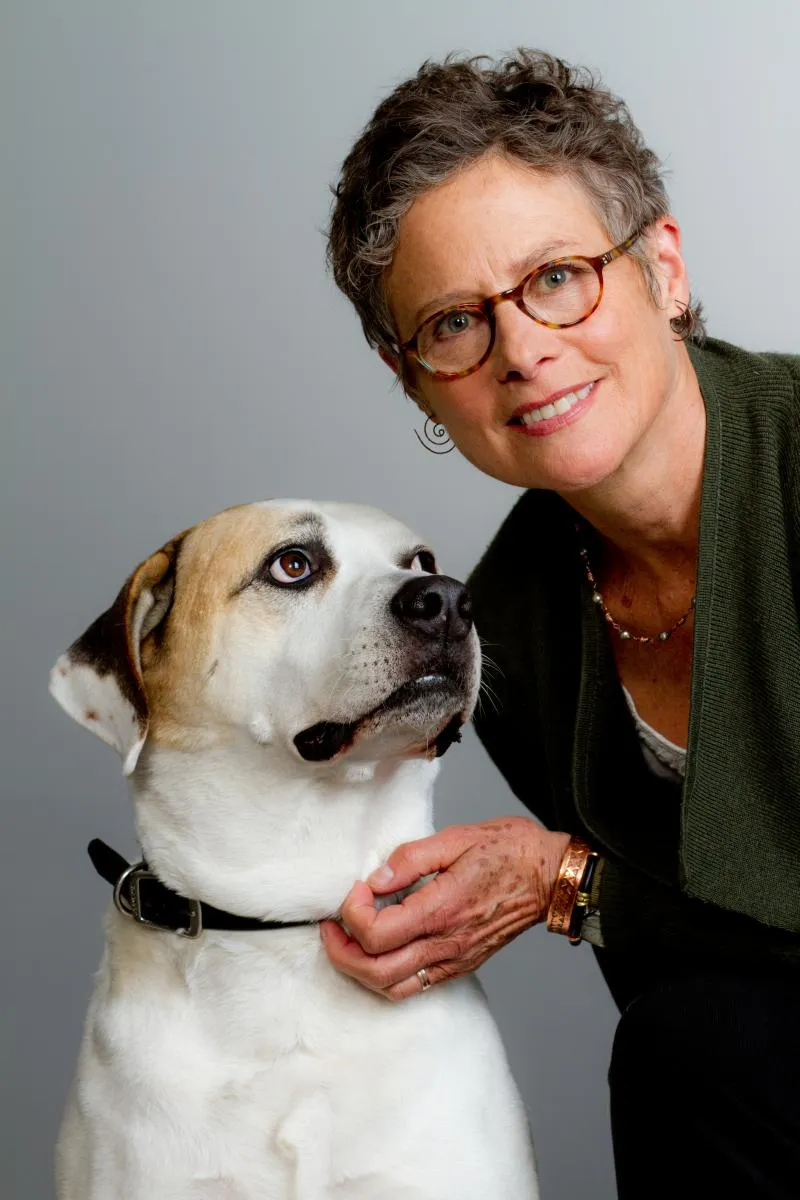
Do You Ever Change Your Mind?
Keeping up with research includes not only reading the research, but reading the response to the research. I particularly enjoy thoughtful responses to our shifting store of medical and health knowledge. And sometimes I get a kick out of particular institutions and individuals who will never change.
For instance, most of the news about saturated fat this year has been a “mea culpa” of buttery awareness. The Big Fat Surprise by Nina Teicholz explained to all of us “Why Butter, Meat and Cheese Belong In a Healthy Diet.” Most folks were swayed to greater or lesser degrees by her argument.
Her book is highly entertaining as well as scientific, charting the career of Dr. Ancel Keys as he took on a John Wayne swagger defending his proposition that dietary fat was causing increased heart disease. I wish I had known about the all-expense-paid trips sponsored by the olive oil industry wining and dining docs all over the Mediterranean to prejudice their glimpse of just what the Mediterranean diet really contained! (The current version – fish, poultry, meat rarely, whole grains, low-fat dairy and lots of olive oil and nuts – is only one possible version of Mediterranean cuisine. Simmering pots of fatty lamb or goat, abundant cheese, and yes or course always veggies – is another version.)
Other sources were quick to distance themselves from the bandwagon, and when books are written about these years, Dr. Walter Willett of the Harvard School of Public Health and Dr. Dean Ornish will have to slug it out to see who gets to play Ancel Keys in the 21st Century. Their point of view in this CNN article maintains a narrow focus: yes saturated fat can raise unhealthy LDL’s… paired with utter silence about its beneficial effect raising HDL numbers. Or the proposition that animal protein raises your risk of dying from everything. There is actually evidence all over the map: vegans live longer! Pescatarians! And this year a study out of Austria: meat eaters are healthier than vegetarians! But we can always count on Dr. Ornish to miss the fine points.
So back to my true topic – changing one’s mind! When I think about consistency, commitment and change, two noteworthy dudes from the past speak up spontaneously in my brain!
Ralph Waldo Emerson said that “A foolish consistency is the hobgoblin of little minds.. Speak what you think now in hard words, and tomorrow speak what tomorrow thinks in hard words again.”
Johann Wolfgang Von Goethe speaks of staying the course: “Until one is committed, there is hesitancy, the chance to draw back, always ineffectiveness. Concerning all acts of initiative and creation, there is one elementary truth the ignorance of which kills countless ideas and splendid plans: that the moment one definitely commits oneself, then providence moves too. … Boldness has genius, power and magic in it. Begin it now.”
I get the distinction so easily when it applies to much of what I do: yes I can commit to my practice or maintaining my website. I don’t “commit” to my understanding of diabetes or the way I treat irritable bowel – I consider all of those constructs as “works in progress,” and allow for constant revisions.
On the other hand, there are truths in health and medicine that will just never be undone: humans who have eaten traditional diets (high or low in meat but always higher in fat than our modern standard American diet) had less chronic disease than modern folks. No one will ever convince me that “any red meat in the diet raises your risk of dying”, but rather get me to look more deeply. “What are we talking about when we talk about red meat?” So yes, we all appreciate intellectual open-mindedness, don’t we? And I must say that in kind of a perverse way I actually enjoy intellectual closed-mindedness: I know Walter Willett will always find something critical to say about red meat and saturated fat. The day he changes his mind I won’t know what to do!
What about “emotional open-mindedness,” how do we deal with our own shifting moods and those of others?
Some of the best times in my life have been enjoying a shared commitment – working on a project I care about when yes – we all stick through it to the end! I recently read Boys In the Boat by David Brown: what a great description of the exhilarating experience it can be for athletes who work together towards a competitive goal. It’s a great read – whether or not you’re a rower, or interested in athletics: it’s a complex and vivid description of life in the depression era northwest.
Yet though there is a time and place for commitment, we are all much healthier if we are also resilient when confronted with unexpected turns of reality. Whether we turn to science (“..a key component of resilience is emotional flexibility..”) or modern psych wisdom (“The only person you can change is yourself”) we are reminded that the best thing we can do when confronted with a sea change in our lives is to learn to ride the waves… and to know when it’s getting too rough for us, and to head for the beach!
I’ve recently been grieving the sudden death of my beloved dog, Grady, pictured here with me at work. I think of grief as that midpoint between consistency and flexibility. The loss is consistent as is my missing her: she was my constant companion at the office and trusty walk-buddy when not at work. And yet of course life goes on and grief softens. The silver lining is that while getting over grief means letting go of the pain, opening up to whatever comes next and – this is the best part – being able to remember all the good times with a smile!

